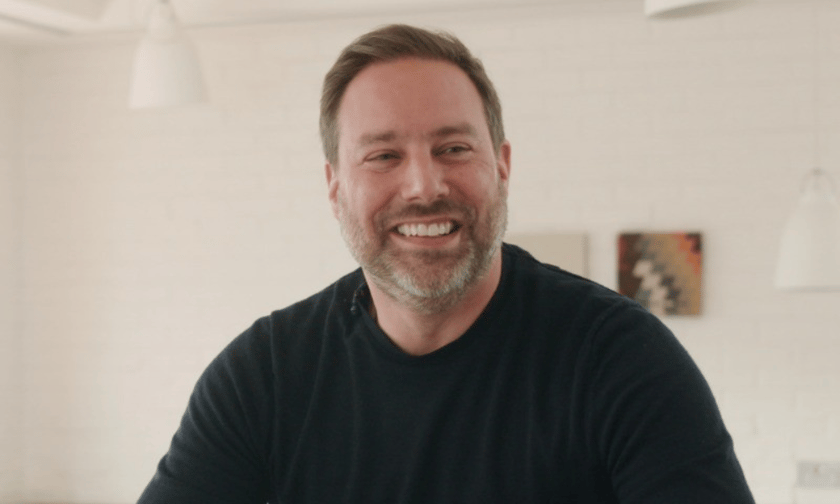

Emerging risks are still very much at the heart of CFC's mission and success more than 20 years on.
The specialist insurance provider, best known for its cyber offering, is focused on ensuring the risks of the future, according to CEO Graeme Newman.
"Cyber is still at the heart of what we do, but so is finding new areas of emerging risk," Newman said.
"Tackling climate change and supporting climate initiatives remain a big focus, as are digital assets and artificial intelligence."
The industry's rapid shift to digital distribution has created the need for a frictionless insurance experience through efficient models, the CEO said.
To be able to underwrite the risks of the future, CFC is fearless in embracing the technology of the future.
"Everybody's looking for reduced friction in the insurance buying process, both end-clients and brokers, and we like to think that in the world of commercial specialty, we're at the forefront of digital distribution," said Newman.
In May, Newman revealed that the MGA had started using large language models to triage broker emails, making its workflow more efficient. It also boosted its Connect trading platform to offer multi-product capabilities, which allows brokers to get bindable quotes across multiple commercial specialty lines with a single question.
"We are leveraging a lot of technology, from standard analytical techniques to large data storage techniques, to subfields of artificial intelligence and machine learning, to assist us in underwriting autonomously," Newman continued.
"By allowing us to select and price risk through digital distribution channels more efficiently and effectively than any of our competitors. I think that will give us a long-term advantage in the next five to 10 years when the vast majority of small commercial specialty is traded through platforms."
Newman rose to chief executive at the London-headquartered specialist insurer in 2021 after serving 13 years, most recently as its chief innovation officer.
From a small team of 15, CFC has rapidly grown its workforce to more than 800 employees in five global offices. Today, it commands $1.5 billion in premium and continues to grow between 20% to 30% annually.
Newman said the sustained growth results from CFC's focus on new and emerging industries, including less traditional – and therefore, riskier – ventures.
"It's worth remembering that CFC has been around for 23 years, so it's not an overnight success story," he told Insurance Business.
"I think we've achieved that growth by focusing on areas of insurance where we haven't got hundreds of competitors and by being brave and entering new areas.
"So, rather than traditional financial institutions, we'll do FinTech companies. Instead of doing traditional media companies, we'll do social media companies, digital content companies, or Instagram influencers."
This strategy has two benefits for CFC: less competition and room for growth.
"All those areas are massively underserved by the traditional insurance markets because traditional insurers tend to stick to insuring businesses that fit on that Standard Industrial Classification System," he explained.
"These are also areas which have natural inherent growth. If you take the cyber market, our biggest line of business, it's growing at 25% to 30% a year, so our business grows with the market without us having to push for unnatural levels of growth.
"It's the same with those industry sectors. There's an explosion in digital assets, for instance. As we focus on those areas, we benefit from natural growth in those underlying marketplaces."
While CFC isn't shy about leveraging bleeding-edge technology, Newman is more decidedly measured about the impact of AI on insurance.
"The adage holds true, that we tend to overestimate change in two years and underestimate it in ten," he said.
"I think some people think that AI will revolutionise the world and disrupt what we do in the next two years. I suspect that won't be the reality, but we'll barely recognise the industry within the next 10 to 15 years."
What do you think about CFC's strategy for future growth and its focus on emerging risks? Tell us in the comments.
